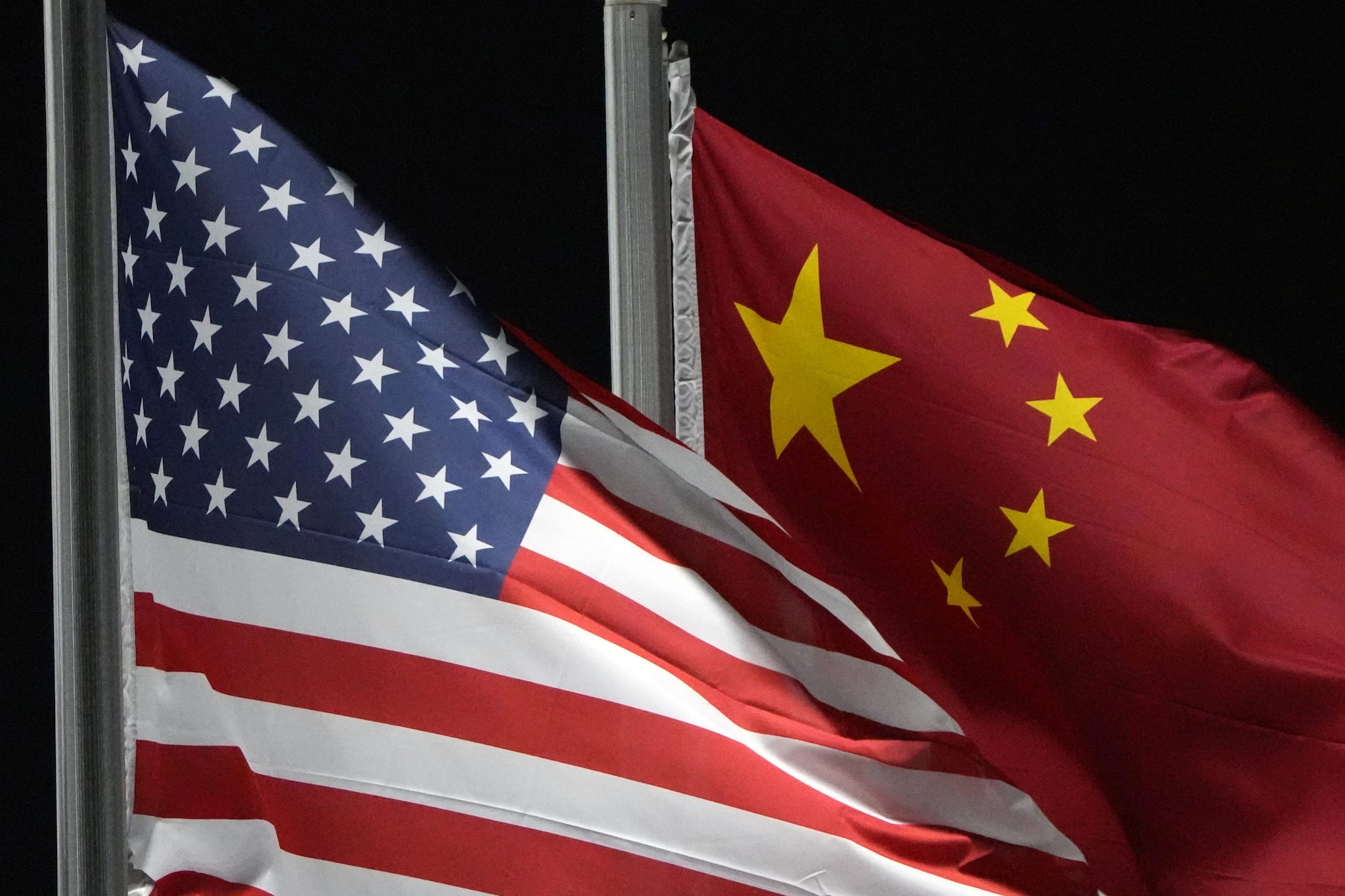[ad_1]

The hope is that discussions between the President of China, Xi Jinping, and President Trump could lead to more clarity and a resolution across multiple economic dimensions.
The recent imposition of new tariffs on China by the US has materialised but they have not been as aggressive as initially feared by market participants.
Also Read | PM Modi’s US Visit: What to expect
According to Powell, China has transitioned from being ‘super, super worried’ to ‘only quite worried’, marking a slight but notable improvement in sentiment. However, the unpredictability of trade relations continues to dominate market concerns.
Powell also commented on the extraordinary pace President Trump has been operating in foreign and domestic affairs. He noted that leaders across business, government, and investment sectors struggle to adapt to the rapidly evolving landscape driven by the US administration’s policies.
The administration’s focus on American interests has led to a significant departure from historical norms. This was evident in the recent tariff-related discussions involving Mexico and Canada. Despite Canada’s close alliance with the US, it found itself on the list for potential 25% tariffs—a move that caught many by surprise. Though these tariffs have not yet come into effect, they signalled a shift in traditional trade dynamics.
Also Read | China files at WTO over Trump’s 10% tariffs, calling for talks
Turning to the Middle East, Powell noted that the region, like the rest of the world, is closely monitoring Trump’s social media activity for indications of future policy moves. The possibility of historically unprecedented proposals remains, raising questions about how far-reaching changes could be for the region.
For the full interview, watch the accompanying video
Catch all the latest updates from the stock market here
First Published: Feb 7, 2025 11:14 AM IST
[ad_2]
Source link










